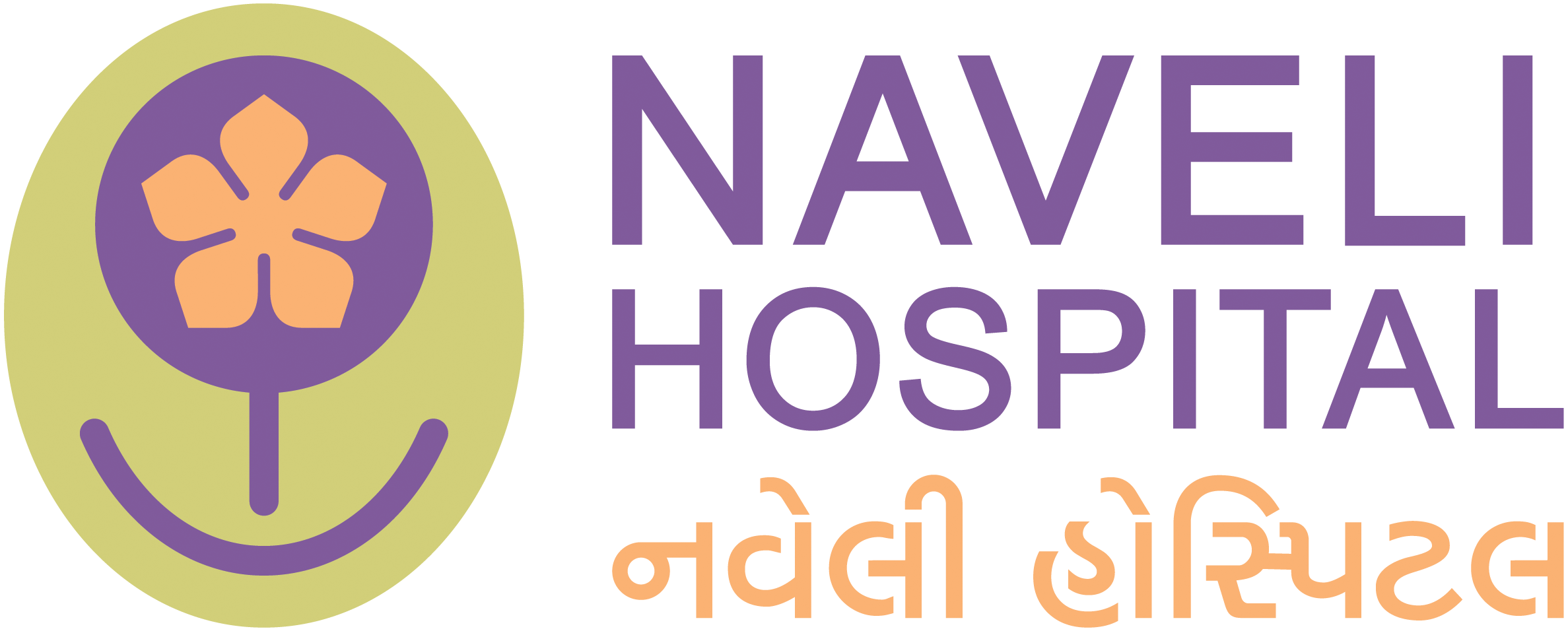How to Deal With a High-Risk Pregnancy
Someone wise once said, “The biggest risks are those we take with our hearts.” There’s no better example of this than a high-risk pregnancy. A high-risk pregnancy is one that entails potential medical complications for mommy, baby or both. With continual monitoring by a medical specialist and a well-designed birth plan, high-risk births can be managed effectively. But counting down to the big day can be a rollercoaster experience, and it’s easy to feel overwhelmed along the way. Confide in your husband. Allow him to shoulder some of the emotions you may be experiencing.
This is a joint beginning for you, and it’s only fair that you both immerse yourselves in it equally. Also, speak to your doctor about your concerns and worries. There’s no better person to let you in on your progress. If you feel especially burdened, share your thoughts with a psychologist; this could be liberating for you and allow you to focus on the important things, like staying healthy through your pregnancy.
How Can I Manage My High-Risk Pregnancy?
Perhaps you’re reading this because you’re preempting a high-risk pregnancy; maybe your mother or sister had one. If you are on your way to planning a baby, there are steps that you can take to minimize your risk of a high-risk delivery.
Book a consultation with a gynaecologist to have a health assessment done. This will clear the way for any possible conditions developing once you’re pregnant.
Whether you’ve already conceived and are experiencing a high-risk pregnancy or are contemplating starting a family and want to minimize any potential complications, here are a few points that should make it to your to-do list.
- Get going with at least 400 micrograms of folic acid daily, even before you conceive. Continue your course through your pregnancy.
- Seek out relevant immunisations.
- Visit a nutritionist and draw out a healthy meal plan; essential nutrients are everything!
- Continue a mild fitness routine unless your doctor suggests otherwise; pick gentle activities like walking and swimming, and keep your doctor posted on your fitness regime.
- Say no to cigarettes, alcohol and drugs.
- Schedule regular consultations with your doctor.
On Cloudnine, every high-risk pregnancy is given individual care and specialized support. As a high-risk mommy-to-be, you will be underpinned by a seasoned team of obstetricians, perinatologists, psychologists and medical professionals, who will together, tailor a maternity plan for you. They say the best adventures in life are not without risk. This one will be your best one yet.
Who Is Most Likely to Have a High-Risk Pregnancy?
A high-risk pregnancy doesn’t have to fulfil specific checkboxes, but it is more likely to occur in older women or those with a history of medical conditions.
1. Along with increasing maternal age, high BMI- overweight and obesity are becoming very common these days. Obesity increases the risk of high BP, Preeclampsia, GDM, Stillbirth, Neural tubal Defects, and caesarean delivery
2. Along with past medical condition, past history of surgery on the uterus, especially multiple caesarean sections or surgery for fibroids in the uterus. with rising caesarean rates the incidence of the adherent placenta and associated complications are on the rise these days
3. Thyroid disorders can also be included in medical condition, as we are routinely screening for thyroid disorders in pregnancy these days
4. Multiple pregnancies -Commoner with ART pregnancies/IVF -complications include preeclampsia, premature labor and preterm birth.
Let’s take a closer look at each factor.
Age
Ah yes, good ol’ age: the reason why all the neighbourhood aunties have been prodding you for years about when the stork would come to visit. Dig deeper, and you’ll see that these aunties were curious for a reason. They are likely conditioned to believe that childbirth is best done before a certain maternal age, to avoid pregnancy complications. Interestingly, this conditioning is rooted in reason. Being over 35 years of age can pose more risks to you, with genetic defects and miscarriage becoming even more probable after you cross forty.
Pre-Pregnancy Medical Conditions
Conditions that you may have developed before you got pregnant can sometimes persist through your pregnancy, causing complications. High blood pressure, kidney and lung problems, diabetes and sexually transmitted diseases are just some of these. In some cases, a woman may hold a history of miscarriages or be genetically susceptible to pregnancy complications. Make sure that you keep your doctor in the loop about your pre-pregnancy medical record so that a treatment plan can be chalked out for you.
Medical Conditions During Pregnancy
Even if you had a clean medical slate before you conceived, there are certain conditions that could make an unwanted appearance during your pregnancy. Preeclampsia, for instance, is a syndrome that presents a host of symptoms, like swelling, high blood pressure and urinary protein. And while it can be life-threatening for both you and your little one, it can be managed effectively with the right medical intervention. Similarly, gestational diabetes is a form of diabetes that develops in some pregnant women. Like preeclampsia, it can be overcome with the right medication and nutrition plan and disappears once your baby arrives.

.jpg)